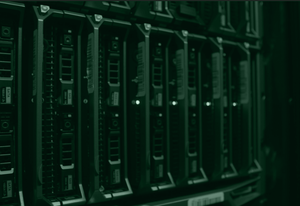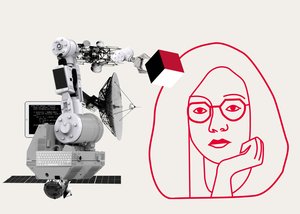Throughout history, how we think and what our communities believe has been highly dependent on the information we get and the financial incentives that drive it.
To think clearly, we need both access to a diversity of reliable information and the time and space to reflect, digest and decide what we think about it.
In the online world today, we have neither.
The current online media landscape is a constant, pervasive and, in many ways, fractured presence in our lives.
Built on monopolized platforms propped up by advertising, our algorithm-driven social feeds reveal themselves at lightning speed.
From catastrophic news stories, to cute cats of the internet, there is little respite for individuals prone to endless scrolling before the day is even begun.
Freedom of thought and opinion rests on the right to keep our ideation private and free from manipulation.
But a fundamental driver of the data economy, one that underpins our virtual world, is the notion that our digital trails can be read like a horoscope, to reveal who we are, how we think and how we might be manipulated.
This intelligence can be used to divide us or distract us.
Both have serious implications for our ability to think, reason and act on the existential issues of our time.
When we don’t have the space to contemplate what we’ve read, we are susceptible to being manipulated, to believe in conspiracies around climate change, pandemic vaccines or election interference, and to doubt everything.
As social media platforms are increasingly becoming our town squares, it’s important that they are spaces for productive debate and dissemination of information.
We need regulations that prohibit technology that is designed to read and manipulate our minds.
The time for reinvention of our information ecosystem is now.


